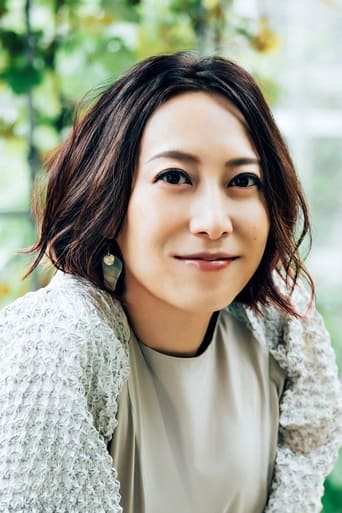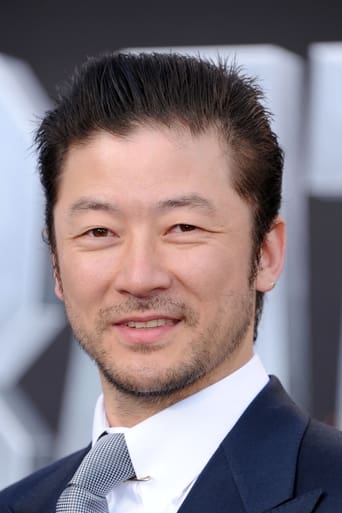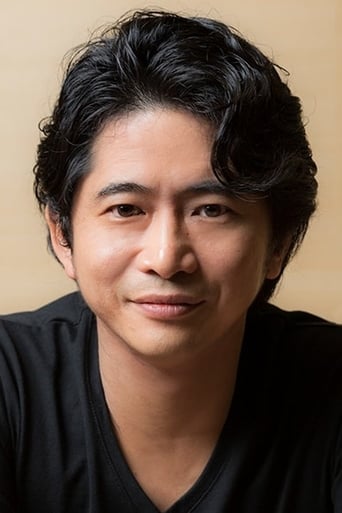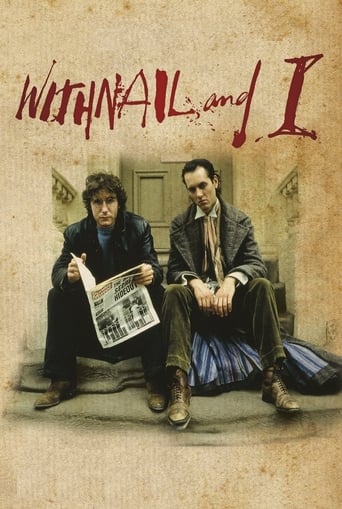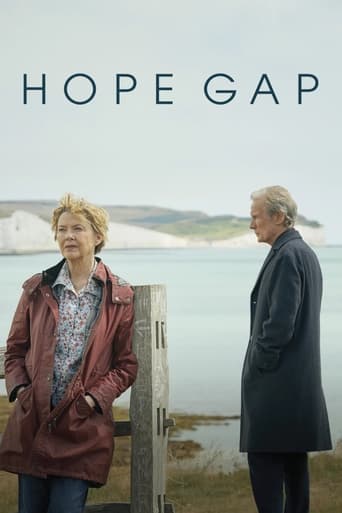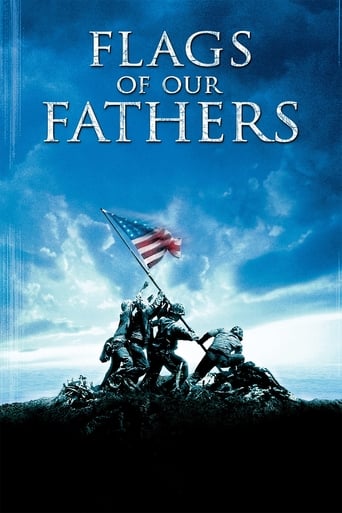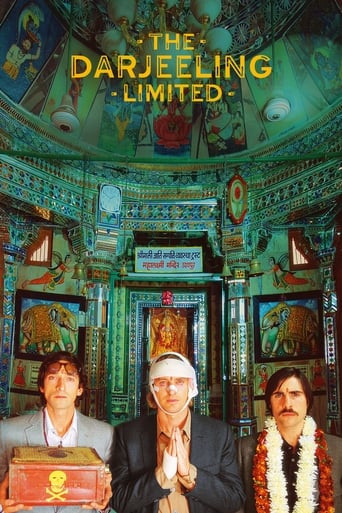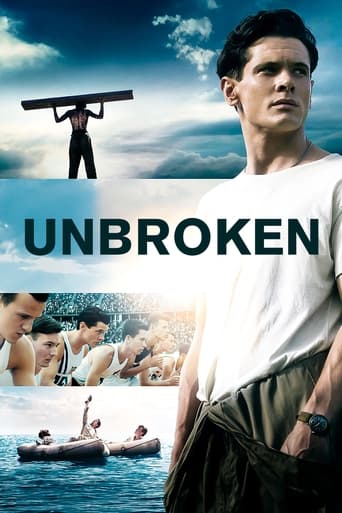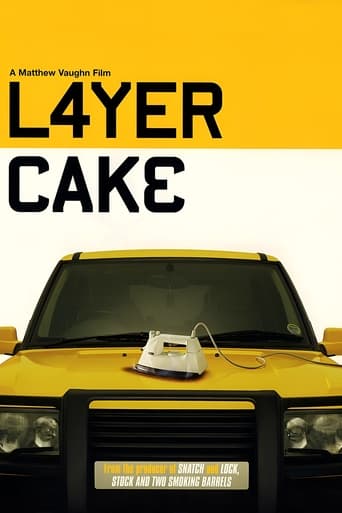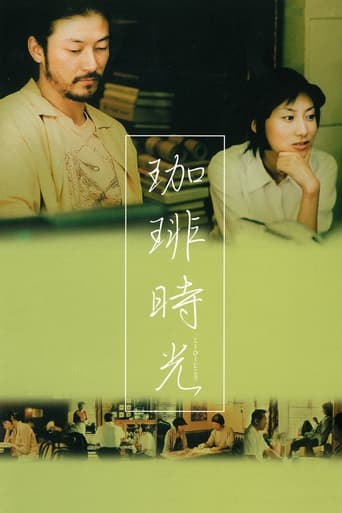
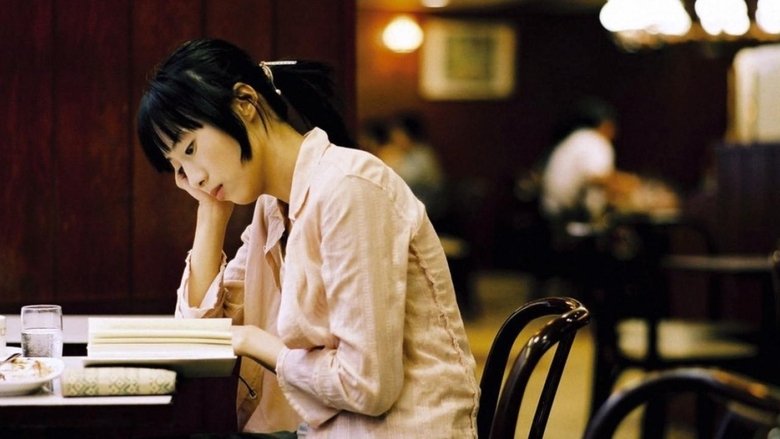
Café Lumière (2004)
Making her way through life by forming superficial relationships, Yoko keeps everyone at arm's length, whether it's her father and stepmother or Hajime, the owner of a small bookstore who could be the father of her unborn child. Yoko seems most at home when she's riding the train, speeding around the city with only her thoughts to entertain her.
Watch Trailer
Cast


Similar titles
Reviews
Waste of time
I wanted to like it more than I actually did... But much of the humor totally escaped me and I walked out only mildly impressed.
Mostly, the movie is committed to the value of a good time.
.Like the great film, it's made with a great deal of visible affection both in front of and behind the camera.
A Japanese movie with a French title, "Café Lumiere" is a desultory tale of a young pregnant woman and her friendship with a local bookstore proprietor. As the movie is almost militantly anti-narrative in its stance, there really isn't much more one can provide in the way of helpful plot summary than that.Director Hsiao-hsien Hou has opted for a Spartan style of film-making that hearkens back to such early Japanese masters as Yasujiro Ozu and Kenji Mizoguchi. Each scene consists of a single medium or long shot with no close-ups or edits whatsoever. The result is that we become so detached from the characters on screen that we find ourselves unengaged in their problems and their fates. And this turns out to be a particularly serious problem in this case because the spare screenplay offers us so little of interest to start with. The story consists mainly of Yoko wandering around the city or moping in her apartment as she goes about the tasks of her daily life. She rides on trains, entertains her visiting parents, spends infrequent moments with her storeowner friend - and that's about it: no revelatory conversations, no insights into character, no point or purpose beyond the prosaic surface. Admittedly, some of the compositions are stunning and the style is intriguing and hypnotic at first, but it soon loses its charm as the tedium of the narrative (or non-narrative) takes over.The acting is consistently understated and naturalistic, but in a movie in which everybody just looks preoccupied and pensive, there really isn't much call for anything else.
Cafe Lumiere is a beautifully photographed nullity. Unacquainted with the work of the director, I am well-acquainted with the filmmaker he is supposedly paying tribute to - Ozu Yasujiro. While not even approaching Ozu in greatness, Hou has communicated nothing of Ozu's depth of emotion and concentration on meaning within a closed space. One of the things he misses entirely is Ozu's attention to character - we are not even "introduced" by Hou to his lead character (a perfect blank page). There are no medium or close shots of his people. One of the DVD extras offers interviews with the actors and gives us precisely what Hou doesn't - a good look at their faces.There was a great Spanish film by Bardem called Nunca Pasa Nada, which translates to something like "Nothing Ever Happens". That would be a far better title to this pointless exercise. All through the film we are given clues about an obscure Taiwanese composer some of whose work we hear on the soundtrack. But the clues, like everything else, add up to nothing. Unless you're a trainspotter, this film has nothing to recommend it.
This is a film by Taiwanese director Hsiao-hsien Hou, paying tribute to the 100th birthday of the legendary Japanese director Yasujiro Ozu. This is not a film everybody will enjoy, or even remotely understand. This is a film for scholars and film school students, and for those who love Yasujiro Ozu and admire Hsiao-hsien Hou.The film is about a young woman living in Tokyo. She is researching on a Taiwanese jazz musician in the 1930s. She came home and told her parents that she is pregnant by her Taiwanese boyfriend in a matter of fact fashion, and she has no intention to marry him. She likes to hang out with a friend who runs a used book store and likes to tape the sounds of trains in Tokyo. There is nothing more to the plot. It's not a melodrama, although it is extremely slow.The film uses a lot low light and put the camera far away to quietly observe the daily lives of these characters, without any emphasis nor judgment. Simply observe. It portraits the modern lives in our industrial society, people are cold, lonely, disconnected, and invisible even you see them everywhere. Several times in the film, it shows the scene of passing trains at the same time on different levels in an overpass and toward different directions. It resembles people who run around on the streets all the time, but they never interact with each other and they never collide, unless there is an accident.Andrew Sun wrote this on The Hollywood Reporter about this film:"The fact is if you can stay awake through the whole 100 minutes, you should get a medal for being a resilient movie die-hard." I am gonna collect my medal since I didn't miss a minute during the film today.
No user comments from me for some time. It would be arrogant to suggest that I have fans out there who may be speculating why someone who for so long penned at least one review each week has remained largely silent. I can hardly remember the last time my words evoked a response but if by any chance someone may be wondering about my silence I can answer in one word - disappointment. For me the main reason for writing criticism is to impart enthusiasm for works that have excited and moved me in some way which is why my eulogies far outweigh adverse comments. If I ever venture into the latter territory it is generally to question something that I feel has been excessively praised. What I find disappointing about many of the films I have chanced to see recently is that several have been made by directors I very much admire; the two Chinese titans for instance, Chen Kaige and Zhang Yimou. How could the former for instance have conceived "Together", a facile foray into the "mystique" of musical talent beside which Wes Craven's "Music of the Heart" seems almost something of a masterpiece, or the latter's "House of Flying Daggers", yet another martial arts kids flick and nowhere near as much fun as Ryhei Kitamuru's "Azumi". Even Michael Haneke, the Austrian master of unease was way below his usual form with his Armageddon vision "Time of the Wolf" which somehow lacked the incisiveness that someone like Tarkovsky might have given to so potentially powerful a theme. I could go on and cite others but there would be little point. However the greatest disappointment of them all can hardly go unmentioned as it involves two directors whose work I absolutely reverence. I refer to the Taiwanese Hou Hsiao-Hsien's tribute to the Japanese Yasujiro Ozu on the occasion of the centenary of his birth, "Cafe Lumiere". How could such a great opportunity so sadly misfire? Try as I can - I have given it three viewings - I cannot discover the film's secrets. The storyline is basically very simple. A young Japanese woman returns to her home in Tokyo from a visit to Taiwan where she has been engaged on research into the work of a Taiwanese composer. She confronts her parents with the fact that she is pregnant by a Taiwanese boyfriend but is clear in her mind that she has no intention of marriage. In Tokyo her friend and confidante is a young bookseller whose main obsession is the local railway scene. When not sitting in his bookshop he is out and about making recordings of railway sounds. And that's about it. True there is a sort of homage to Ozu's minimalist style: long sequences without camera movement punctuated by carefully composed shots of settings (here, as occasionally in Ozu, trains and stations). What is missing is content. Ozu's films are carefully constructed studies of human relationship. His characters are vibrant and beautifully drawn with tensions between different generations always subtly realised. Perhaps he has only one basic message to impart, that life is disappointing, but the fascination of his work lies in the seemingly endless different ways he has of saying this. In Hou's tribute we have nothing but the disappointment of a curiously empty film.


